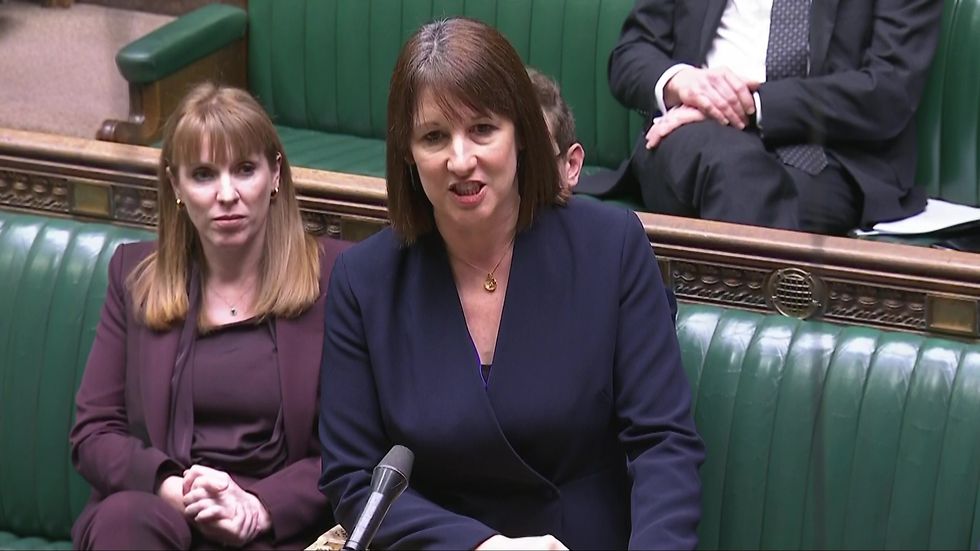DWP disaster as ‘100,000s of disabled people to miss out on much needed support’ in PIP overhaul
New research from the New Economics Foundation (NEF) has challenged the Government’s justification for cutting disability benefits, finding that financial hardship is driving the increase in claims rather than inappropriate applications.
Labour recently proposed cutting disability benefits, arguing that the rise in people claiming was double the rise in the number of disabled people, suggesting support was going to people it was not intended for.
However, NEF analysis published ahead of a parliamentary debate on Personal Independence Payment (PIP) reforms has found evidence contradicting this justification, indicating that the benefit is working as intended despite plans to restrict access.
The NEF research reveals that only 46 per cent of disabled people claim PIP, compared to 40 per cent before the pandemic. Researchers found that despite more applications, the rate of successful PIP claims has remained steady at around 50 per cent since the pandemic.
 Disabled benefit payments have been impacted by the overhaul GETTY
Disabled benefit payments have been impacted by the overhaul GETTY According to the think tank, this consistency indicates the disability benefit is still going to the “right” people, contradicting Government suggestions that the system is being misused.
The findings come as the Government plans to introduce tighter eligibility requirements for PIP from November 2026, including a minimum points threshold for daily living activities.
Furthermore, an analysis also found that knowing the rate of deprivation in a region and the number of disabled people living there allowed researchers to predict the rate of PIP payments with 94 per cent accuracy.
This strong correlation suggests two main factors are driving the rise in disability benefits: an increase in the number of disabled people eligible for support and rising deprivation forcing those previously not claiming to seek additional financial help.
Do you have a money story you’d like to share? Get in touch by emailing money@gbnews.uk.

Chancellor Rachel Reeves confirmed the changes to disability benefits during her Autumn Budget last year
PA
Rather than indicating misuse of the system, the NEF research suggests PIP is functioning as intended, providing support to those facing genuine need due to disability and financial hardship.
Senior economist Max Mosley from the NEF warned: “Our analysis suggests that PIP is going to exactly the sort of people it is intended to support, but that higher rates of disability and financial hardship are driving more people to claim.
“The Government’s plans to restrict access to PIP will lead to hundreds of thousands of disabled people missing out on support they very much need.”
He added that the proposed cuts “could well prove to be as politically toxic for the government as cutting the Winter Fuel Payment”.
Alongside the reforms to PIP, Chancellor Rachel Reeves confirmed the up to £300 in energy bill support for pensioners would now be means-tested after previously being universal.
As such, older households now need to be in receipt of Pension Credit, a top-up benefit for those of state pension which is administered by the DWP.
LATEST DEVELOPMENTS:
 Work and Pensions Secretary Liz Kendall has proposed these alterations to cut the PIP budget by £5 billionPA
Work and Pensions Secretary Liz Kendall has proposed these alterations to cut the PIP budget by £5 billionPAThe government plans to implement these PIP changes from November 2026, introducing a requirement that claimants score a minimum of four points in at least one daily living activity to be eligible for the daily living component.
The reforms aim to focus PIP on those with the highest needs, potentially impacting those with lower daily living needs.
Existing claimants will face reassessments under the new criteria, with those no longer meeting the requirements set to lose their payments.

